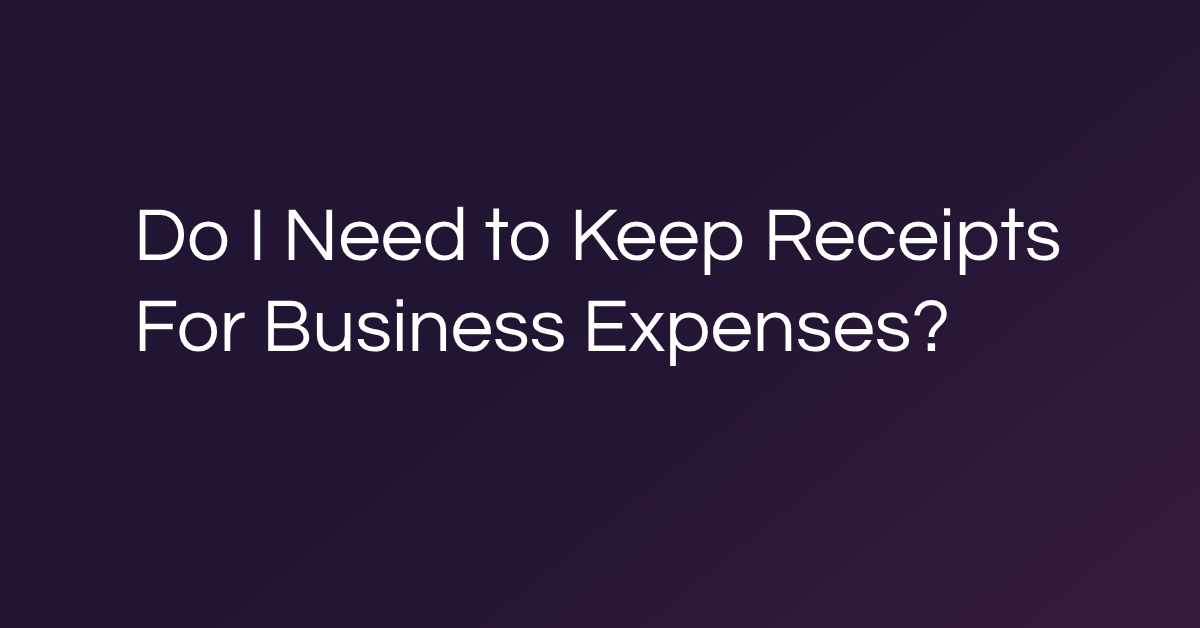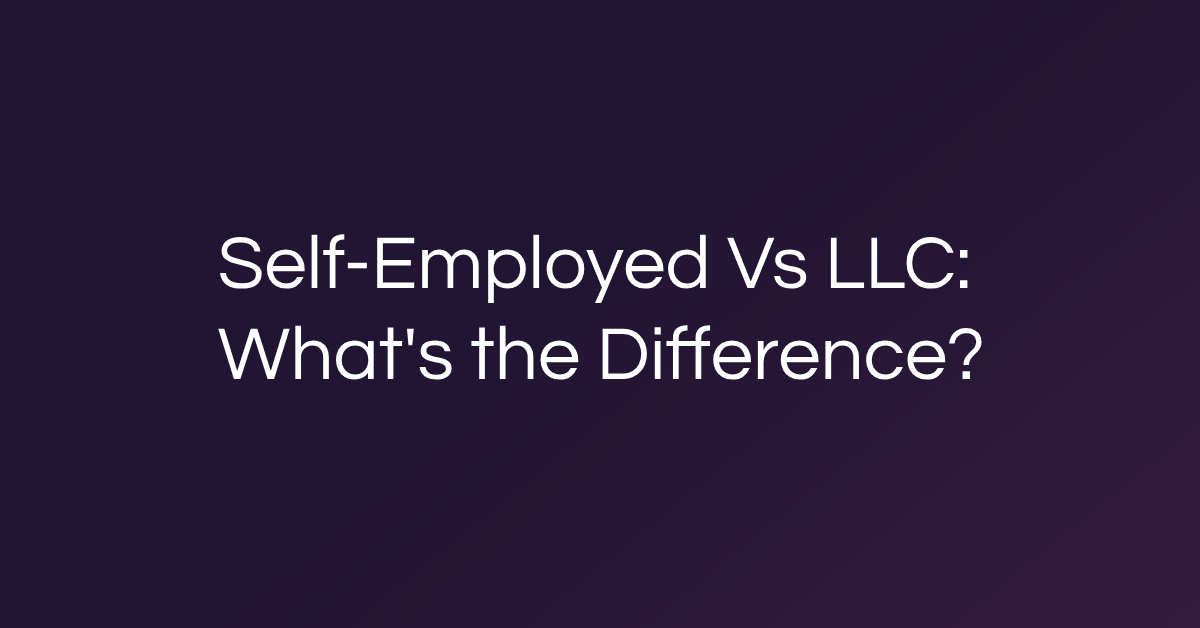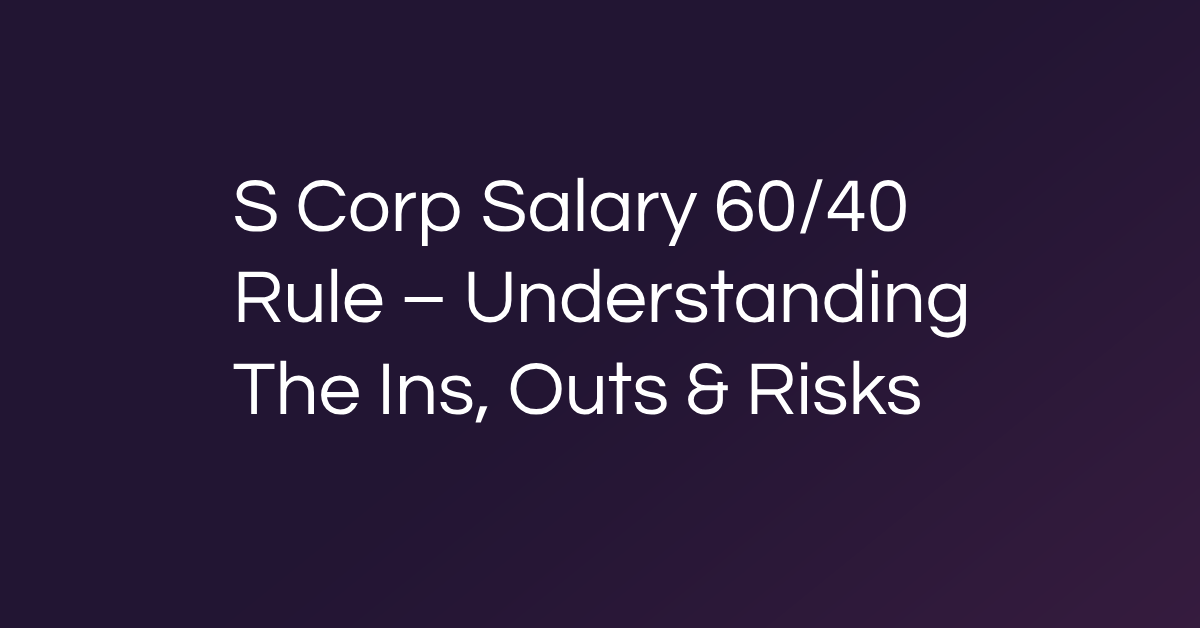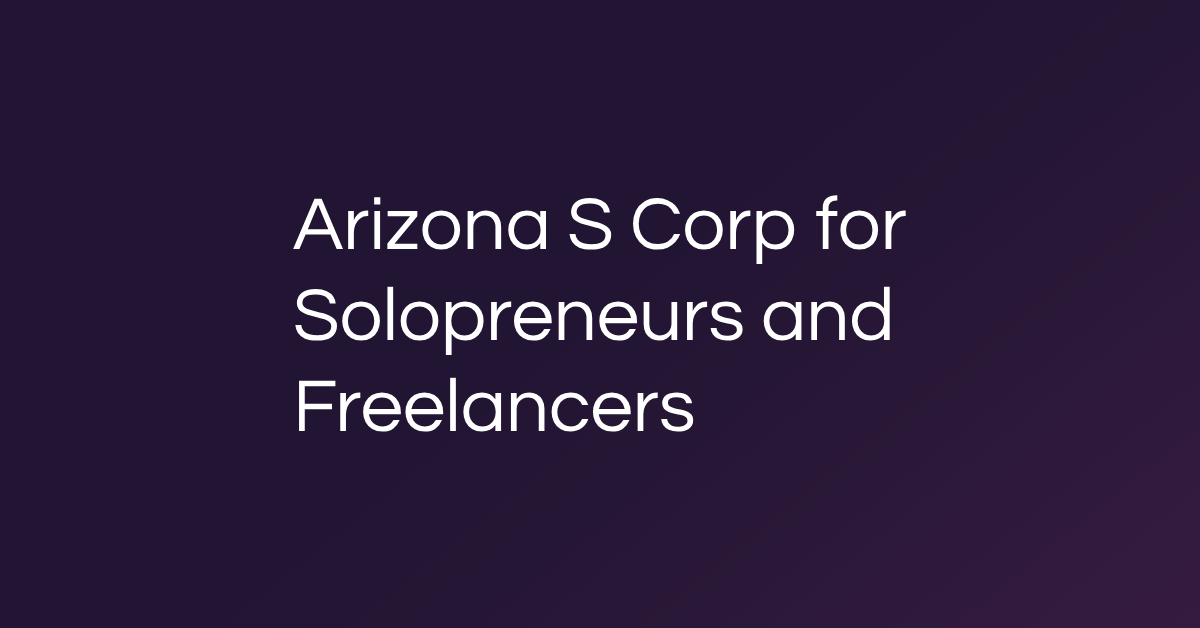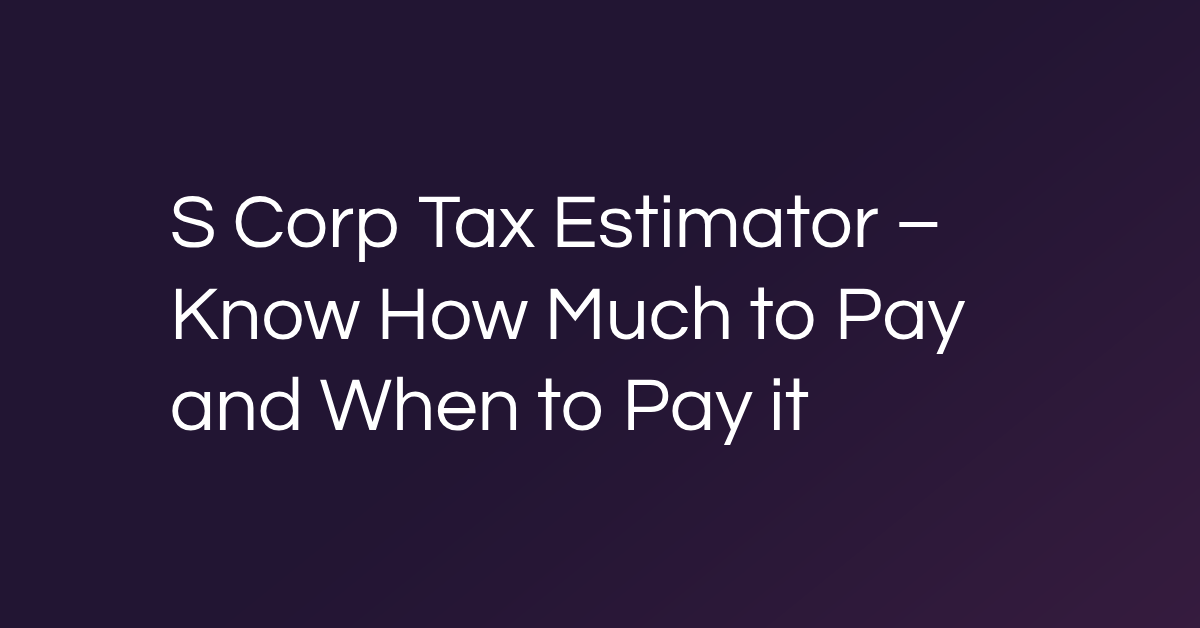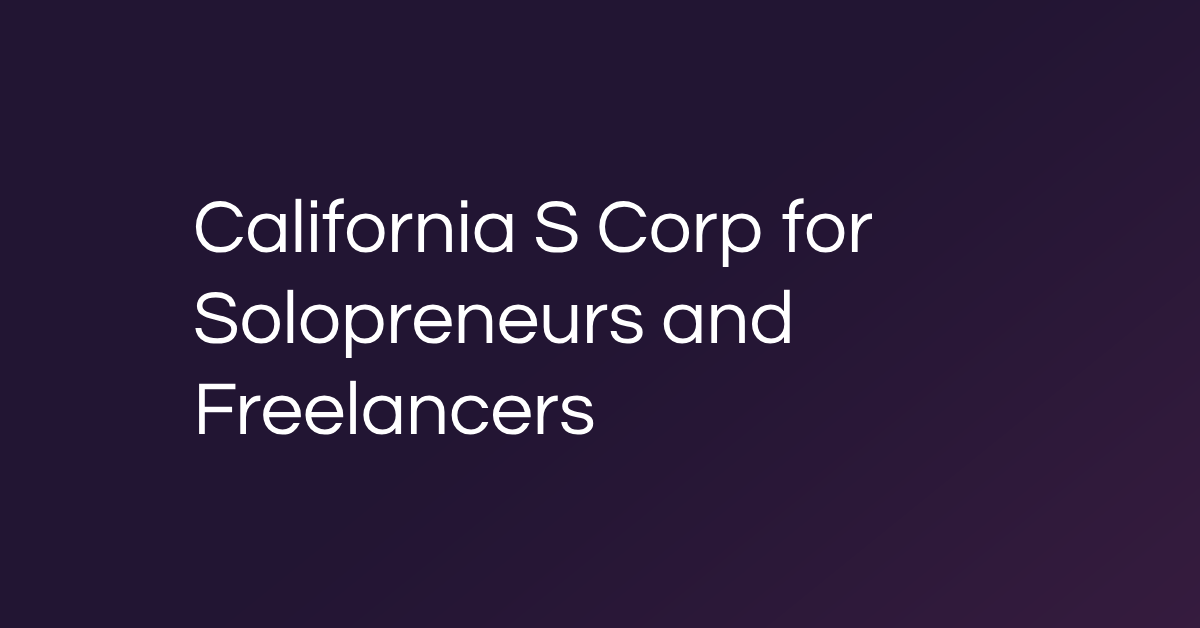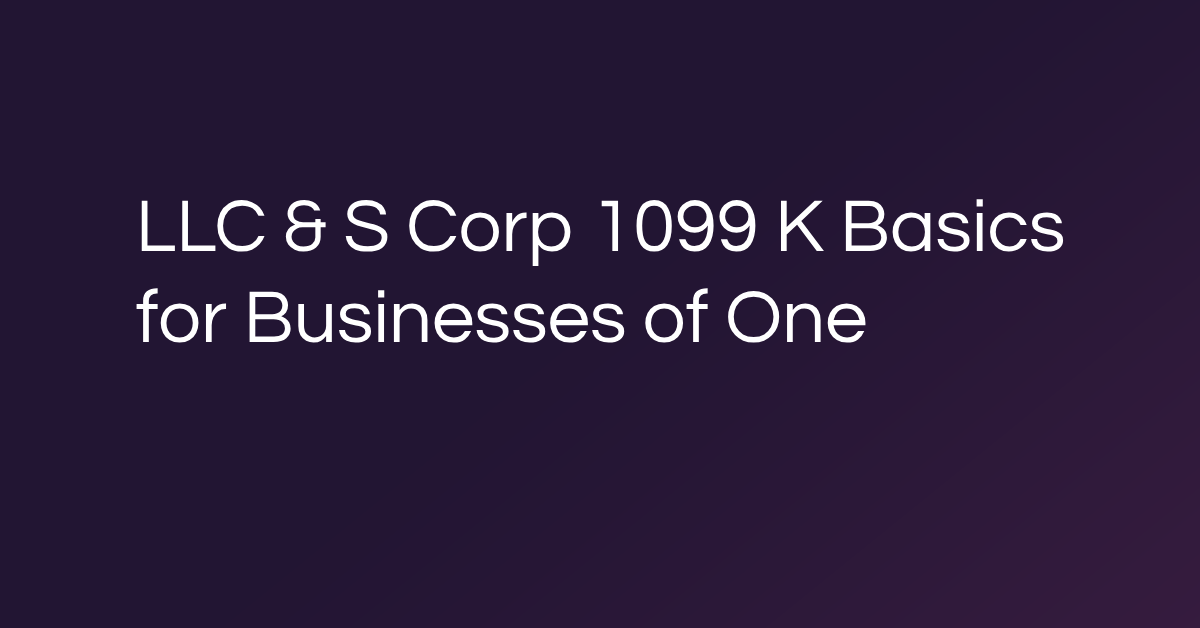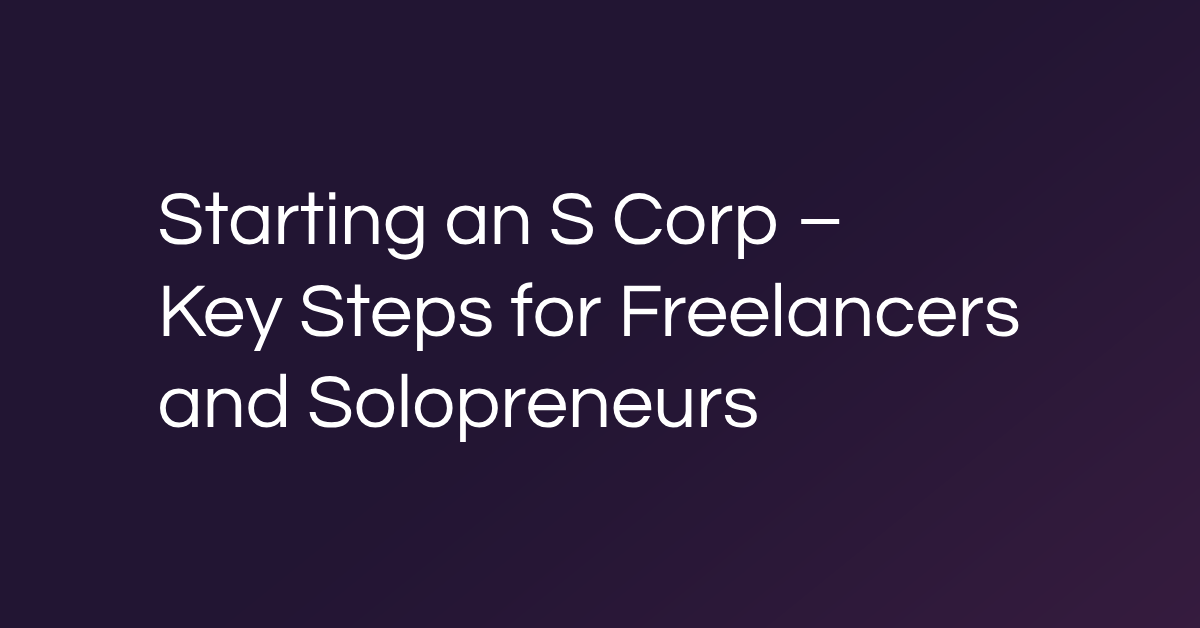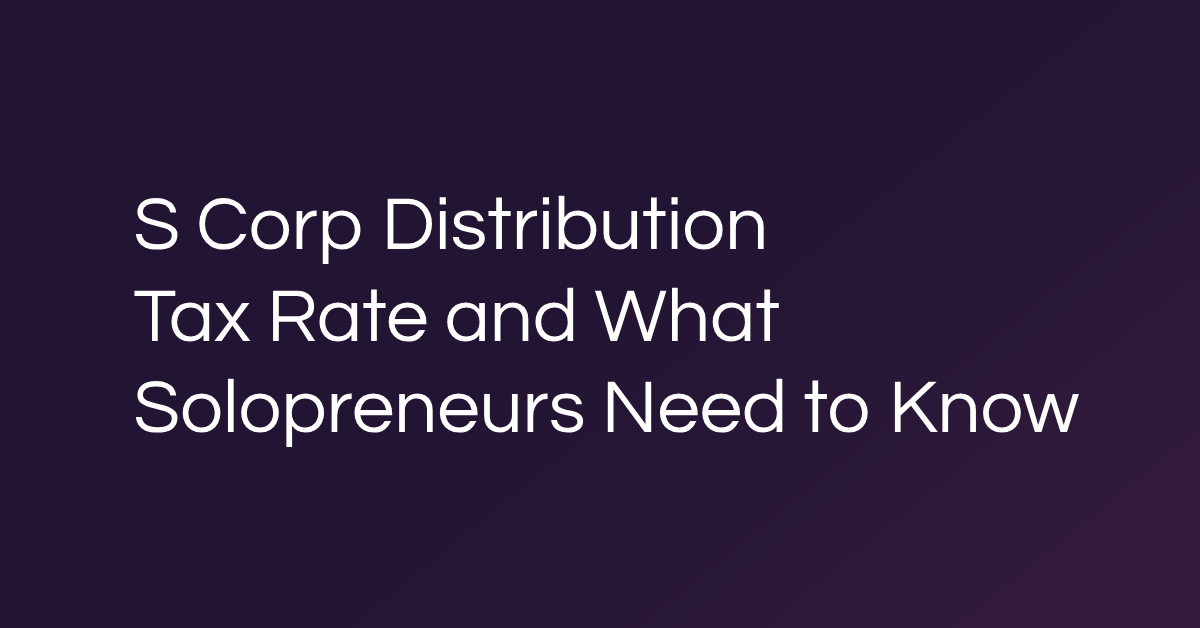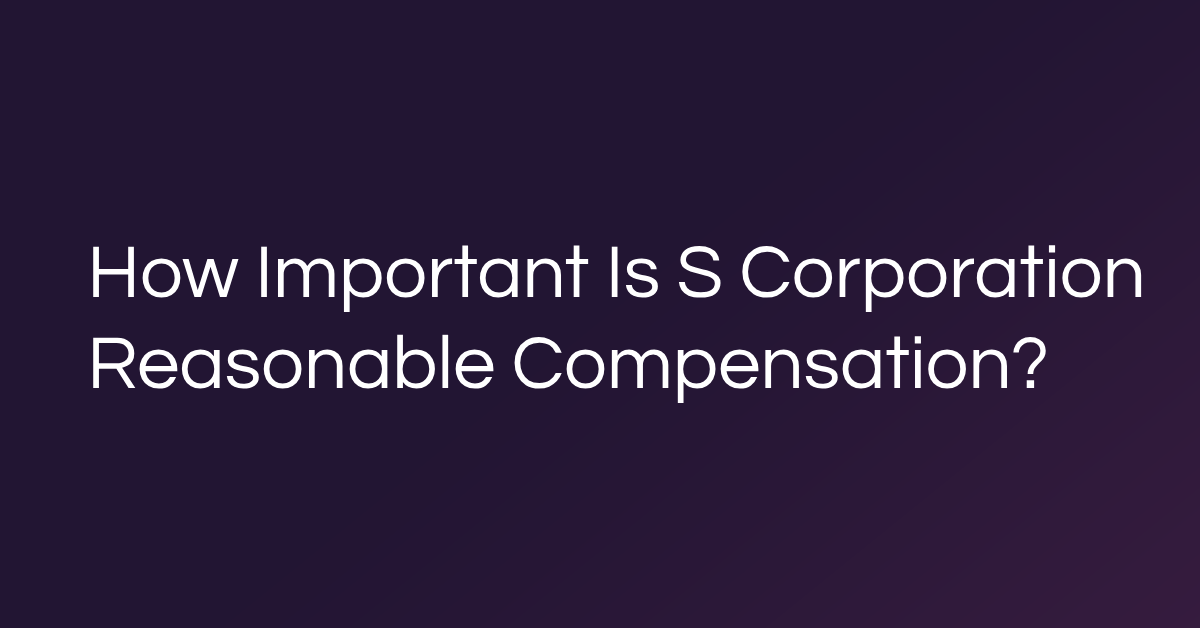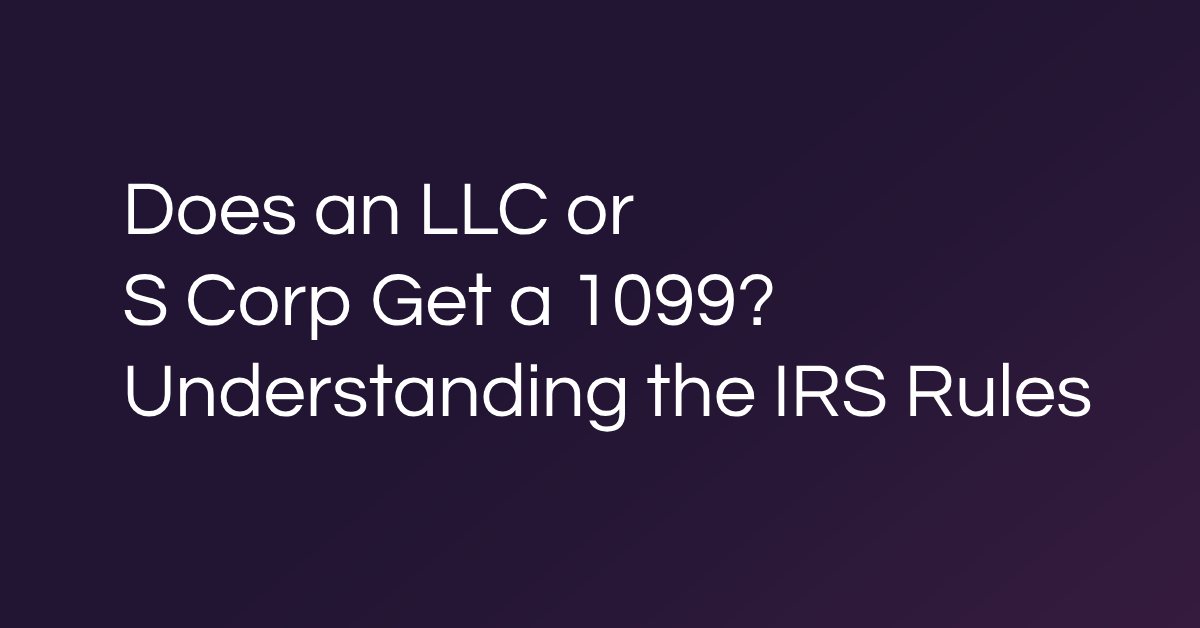Thinking about leaving your 9-to-5 to become your own boss? Managing finances can be tricky, especially when it comes to tax deductions. If you’ve freelanced or consulted on the side, you’ve probably wondered, “Do I need to keep receipts for business expenses?” It’s a common concern for those stepping into entrepreneurship.
Many people believe that they must save every receipt, but this belief is not entirely accurate. Get clarity on these misconceptions and discover strategies to simplify your tax responsibilities. Learn about deductions, the benefits of filing as an S Corp, and how to focus on growing your business without getting bogged down by paperwork. With the right systems in place, you can minimize stress, maximize savings, and stay focused on what matters most—scaling your business.
What the IRS really says about keeping receipts
Think you need to save every single receipt for your side gig? Good news: you don’t. Here’s what you need to know about receipts and record-keeping for your small business:
- You don’t need to save every single receipt. The IRS generally doesn’t require receipts for purchases under $75, which means less clutter and more time for growing your business.
- The IRS cares about “ordinary and necessary” expenses. Your spending should make sense for your line of work. If it’s common and needed for what you do, it’s usually deductible.
- Bank or credit card statements often do the trick. These are usually enough to satisfy IRS requirements for everyday expenses like office supplies or client lunches.
- Keep receipts for larger purchases. While not always required, they’re good to have on hand if questions ever come up.
- Don’t let record-keeping consume your time. The goal is to stay compliant without letting paperwork drain your energy or derail your focus.
- Items paid for with cash. If you pay for anything with cash, it’s probably a good idea to save this receipt because it won’t show up on your bank statement.
Remember, the IRS is looking for a reasonable approach to your expenses. As long as you have a logical system in place and keep track of your spending accurately, you can focus on growing your business rather than stressing over paperwork.
Deductions help, but they have limits
Tax deductions sound great in theory, but many freelancers overestimate their impact and underestimate the time they burn chasing them:
- Deductions reduce your taxable income, not your tax bill dollar-for-dollar. If you’re in the 24% tax bracket, a $100 deduction only saves you $24.
- You’re spending money to save money. You’ve already incurred the expenses, so deductions simply reduce the taxable amount—they don’t bring in extra cash.
- Endless receipt-tracking drains your time and energy. Chasing small deductions can quickly become a reactive, paper-heavy task that distracts from growing your business.
This is where the IRS tax guide for small businesses comes in handy. It helps you understand how to make your tax strategy more proactive and less about digging through piles of receipts. By providing clear guidelines, you can manage your business finances effectively. It simplifies complex concepts and ensures you make informed decisions, saving time and money.
As your business grows, you’ll want strategies that scale with you, not ones that bog you down in paperwork. Don’t get us wrong—deductions have their place. But relying on them as your primary tax strategy is like using a bucket to bail out a leaky boat. It might help for a while, but eventually, you’ll need a better solution.
Why filing as an S Corp helps you save more, without micromanaging
Ready to level up your freelance game? Let’s talk S Corps vs. Sole Proprietorships, a strategy that could seriously boost your bottom line. Sole proprietorships may be simpler to set up, but they don’t offer the same financial advantages. One of the biggest differences is how you pay yourself.
In a sole proprietorship, the IRS taxes all your income as personal income. But with an S Corp, you can split your earnings between a salary (subject to self-employment tax) and distributions (which aren’t). This IRS-approved structure can lead to major savings without bending the rules. By strategically managing your salary and distributions, you can reduce your overall tax liability, allowing you to reinvest more in your business.
Take Taylor, a copywriter making $110,000 a year. As a sole proprietor, she’d pay self-employment tax on the full amount. After switching to an S Corp and paying herself a $65,000 salary, the remaining $45,000 in distributions saved her over $7,000 in payroll taxes. Instead of stressing over receipts, she’s focused on growing her business.
Build a smarter tax system that works for you
Let’s face it: no one starts a business because they love dealing with taxes. But with the right tools, you can spend less time on receipts and more time growing your company. Expense-tracking apps now automate spending categories, saving hours of manual work—and they’re way more accurate than old, crumpled receipts.
Remember Taylor, our copywriter? By filing as an S Corp, she didn’t just save on taxes—she simplified her whole financial system. Instead of chasing deductions, she’s focused on landing bigger clients and scaling her business.
Besolo helps solo entrepreneurs like you:
- Set up an S Corp
- Handle compliance with ease
- Manage finances without needing a full-time CFO
It’s not just about saving money—it’s about building a system that grows with you.
Take your business to the next level
Dreaming of turning your side gig into a full-time venture? The financial side can feel overwhelming, but it doesn’t have to be. Instead of getting bogged down with receipts and deductions, it’s time to think bigger and smarter with an S Corp. This strategy restructures your business income and helps you save on taxes while spending more time growing your business.
Besolo specializes in helping solo professionals like you make the leap to an S Corp. We’re not just talking about paperwork; we provide the tools to unlock real, corporate-level benefits that will propel your business forward. With Besolo’s support, you’ll streamline your finances and focus on what matters—expanding your business.
Ready to stop dreaming and start doing? Check out Besolo’s self-employment OS page for everything you need to transform your hustle into a thriving business. With the right financial strategies and back-office support, your side gig can be your main act.

